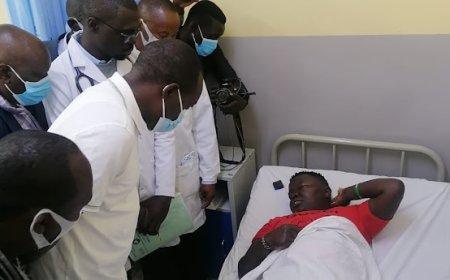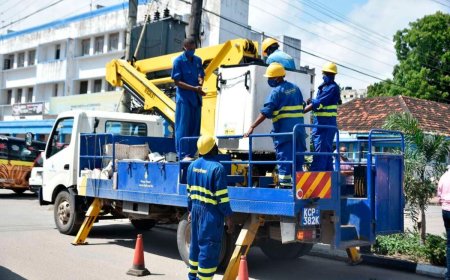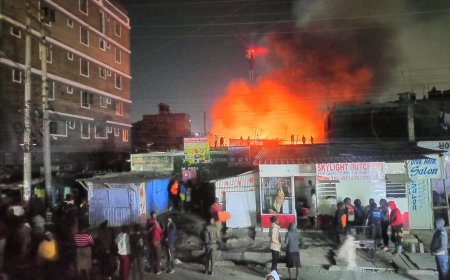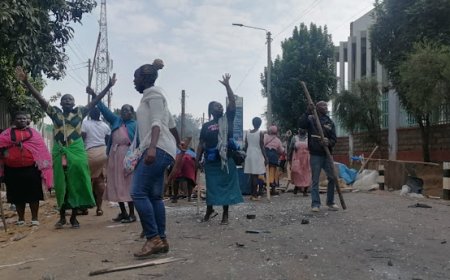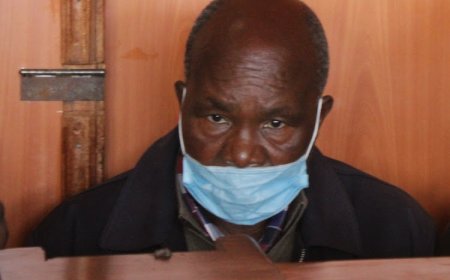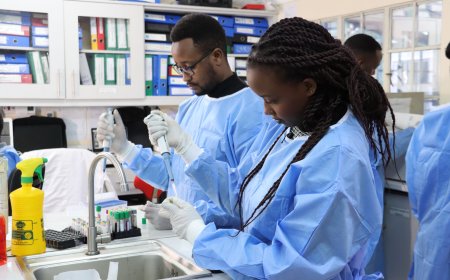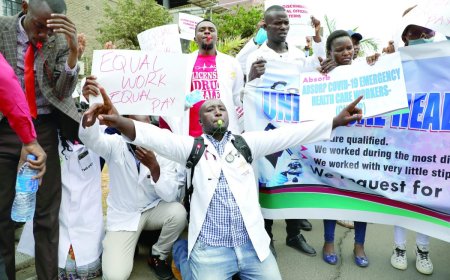KENYA RANKED7TH FOR HIV INFECTIONS
Kenya has long been at the forefront of the fight against HIV/AIDS, yet recent statistics reveal a sobering reality: the nation ranks 7th globally in terms of HIV epidemic size, with around 4 million individuals affected by the disease.
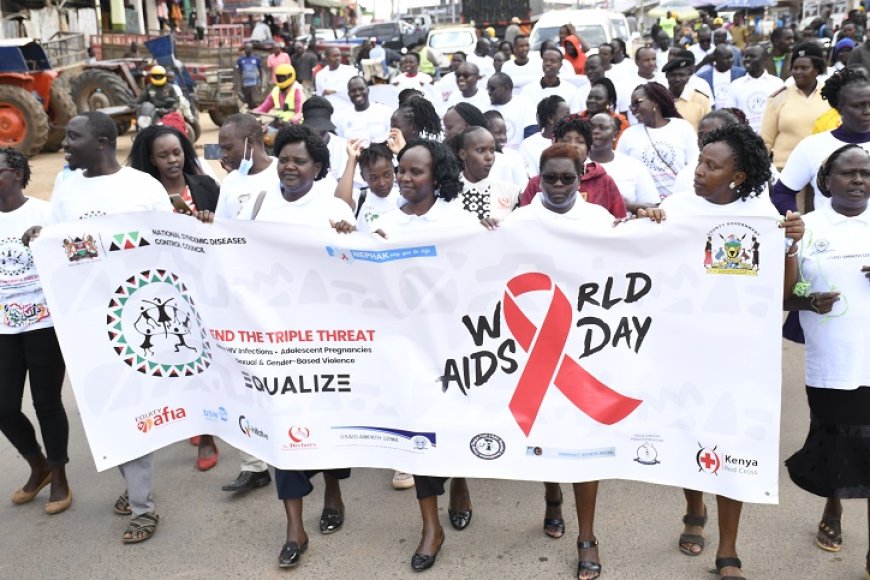
Kenya has long been at the forefront of the fight against HIV/AIDS, yet recent statistics reveal a sobering reality: the nation ranks 7th globally in terms of HIV epidemic size, with around 4 million individuals affected by the disease. This ranking underscores the ongoing challenges and the urgent need for concerted efforts to combat the spread of HIV/AIDS in the country.
Despite significant progress in HIV prevention, treatment, and care, Kenya continues to grapple with a high prevalence rate. Factors such as stigma, limited access to healthcare services, and social inequalities contribute to the persistence of the epidemic. Furthermore, key populations, including men who have sex with men, sex workers, and people who inject drugs, face heightened vulnerability to HIV infection due to discrimination and marginalization.
Addressing the HIV epidemic in Kenya requires a multifaceted approach that encompasses prevention, testing, treatment, and support services. Prevention efforts must focus on promoting awareness, education, and access to preventive measures such as condoms, pre-exposure prophylaxis (PrEP), and harm reduction strategies for at-risk populations.
Expanding HIV testing services is crucial for early diagnosis and linkage to care. Routine testing, community-based testing initiatives, and innovative approaches such as self-testing can help reach underserved populations and reduce barriers to testing.
Access to antiretroviral therapy (ART) is essential for people living with HIV to lead healthy and productive lives. Efforts to ensure universal access to ART must be intensified, with a focus on decentralizing services and integrating HIV care into primary healthcare systems.
Addressing the social determinants of health, including poverty, gender inequality, and discrimination, is paramount to reducing HIV vulnerability and improving overall health outcomes. Empowering communities, promoting human rights, and fostering inclusive policies are essential elements of an effective response.
Collaboration among government agencies, civil society organizations, healthcare providers, and international partners is critical for success in the fight against HIV/AIDS. Sustainable funding mechanisms, innovative interventions, and data-driven approaches are key to making progress towards ending the HIV epidemic in Kenya.
As Kenya confronts the challenges posed by its ranking in the global HIV epidemic, it is imperative that all stakeholders redouble their efforts and commitment to achieving an AIDS-free generation. By working together, we can overcome obstacles, save lives, and build a healthier future for all.
STORY BY SCHOLASTICA KERUBO
EDITED BY KEVIN MOGAMBI
What's Your Reaction?










